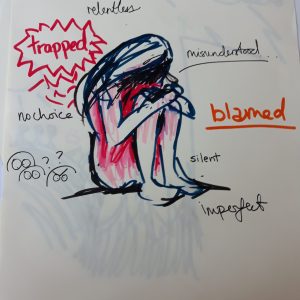
Diabetes
Diabetes is a condition where the amount of glucose in the blood is too high because the body cannot use it properly.
Read more about Diabetes
Around 191,000 people in Wales have diabetes and another 70,000 people have the disease but are unaware of it. In addition there are between 350,000 and 500,000 people who have ‘pre-diabetes’ and are therefore at high risk of developing the condition. It is thought that the cost of diabetes to the NHS in Wales exceeds £1 billion a year, with over 87% of this amount being spent on treating the complications that arise from the disease.
Diabetes occurs because the hormone insulin, which helps glucose get from our blood into our cells, is either absent (Type 1) or insufficient and not working properly (Type 2). Without insulin, glucose can’t enter your body’s cells so it stays in the blood.
Having diabetes means that our blood sugar levels go up when we consume carbohydrate (carb) contained in foods or drinks such as bread, chapattis, plantains, potatoes, pasta, biscuits and fruit juice. Sugar levels also rise when we haven’t eaten for a long time, for instance, when we’ve been sleeping, as our bodies produce glucose from their stores.
People with diabetes may experience the following symptoms: tiredness, weight loss, thirst or dehydration and passing urine more often.
People living with diabetes need to keep a close check and take medication such as insulin regularly to keep their blood sugar at the appropriate levels. This can be extremely stressful and the stress is added to by the worry of the potential complications associated with the condition. Diabetes is one of the leading causes of blindness, amputation, kidney failure, heart attacks and stroke.



